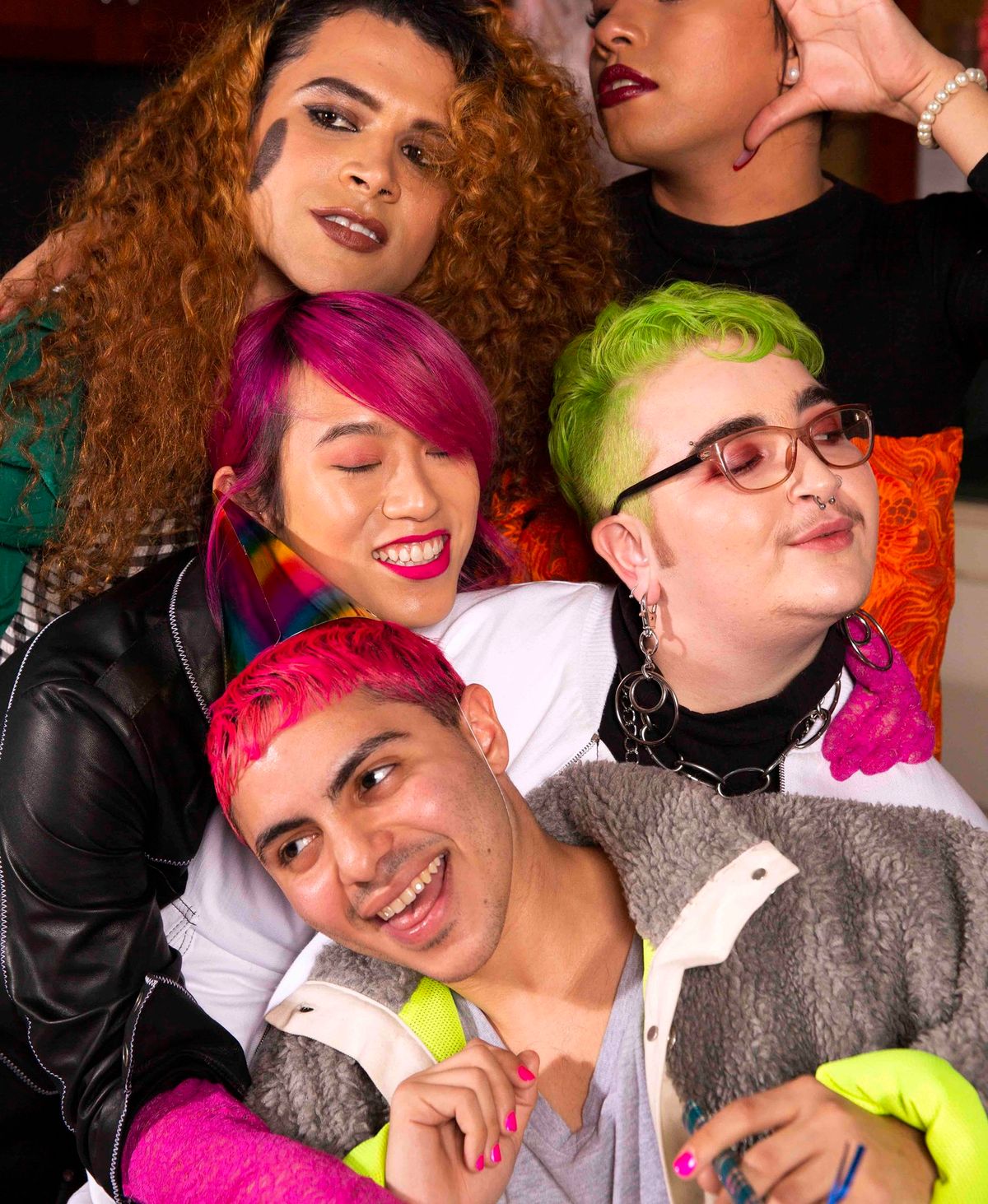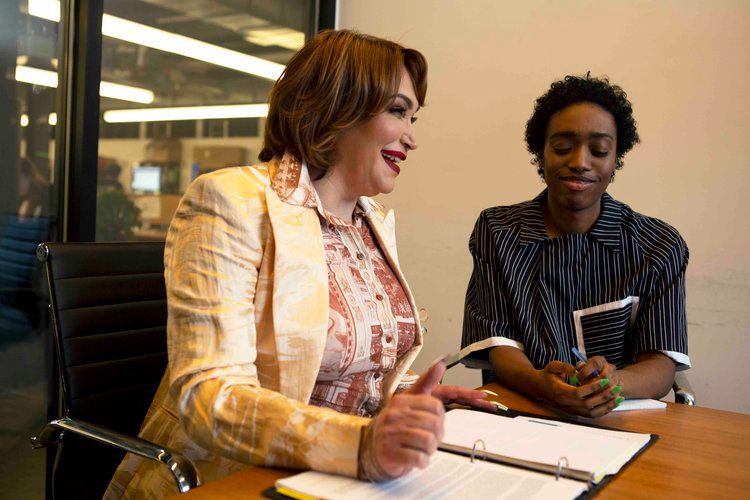A Record 7.1% of US Adults Identify as LGBT. Here’s What That Means for Your Business

A group of friends of varying genders taking a photo at a party. (Credit: The Gender Spectrum Collection)More U.S. adults identify as queer than ever before. A new Gallup poll released on Thursday found that a record 7.1% of U.S. adults self-identify as lesbian, gay, bisexual, or transgender. This means that the percentage of LGBT adults in the U.S. has doubled over the past decade (up from 3.5% in 2012).
What’s driving the increase? Generation Z. The poll found that while LGBT identification in older generations has remained steady, the overall uptick “largely reflects the higher prevalence of such identities among the youngest U.S. adults compared with the older generations they are replacing in the U.S. adult population.”
Here are some more key findings from the survey:
- LGBT identification grew from 5.6% in 2020 to 7.1% in 2021
- 1 in 5 Gen Z adults identify as LGBT
- 1 in 10 Millennial adults identify as LGBT
- Bisexual identification is most common among LGBT adults (56.8%)
Gallup predicts that as more of Gen Z reaches adulthood, the overall LGBT U.S. population will surpass 10% in the near future.

But what does this mean for LGBTQ+ entrepreneurs? Here are our predictions:
More visible queer-owned businesses
The National LGBT Chamber of Commerce estimates that there are 1.4 million queer-owned businesses in the United States. We expect that to rapidly increase along with rise of LGBT self-identification and entrepreneurship growth trends amongst the general U.S. population.
Increased market opportunities
A larger out and/or self-identifying LGBT population opens doors for even more business opportunities for queer entrepreneurs. We predict that there will be growth in not only the number of visible queer-owned businesses, but also more diversity in industries and target markets.
Improved work environments
With an estimated 23 million U.S. adults now identifying as LGBTQ and a sizable percentage of them in the labor force, we expect more employers to improve their policies for LGBT equity and inclusion. A record number of U.S. companies received perfect scores in the latest Human Rights Campaign Corporate Equality Index, and we hope that that number will grow in the future.





